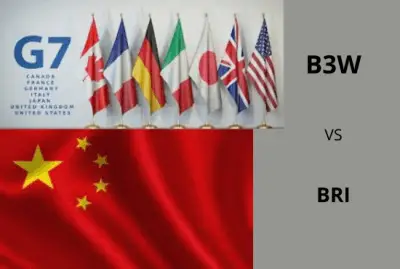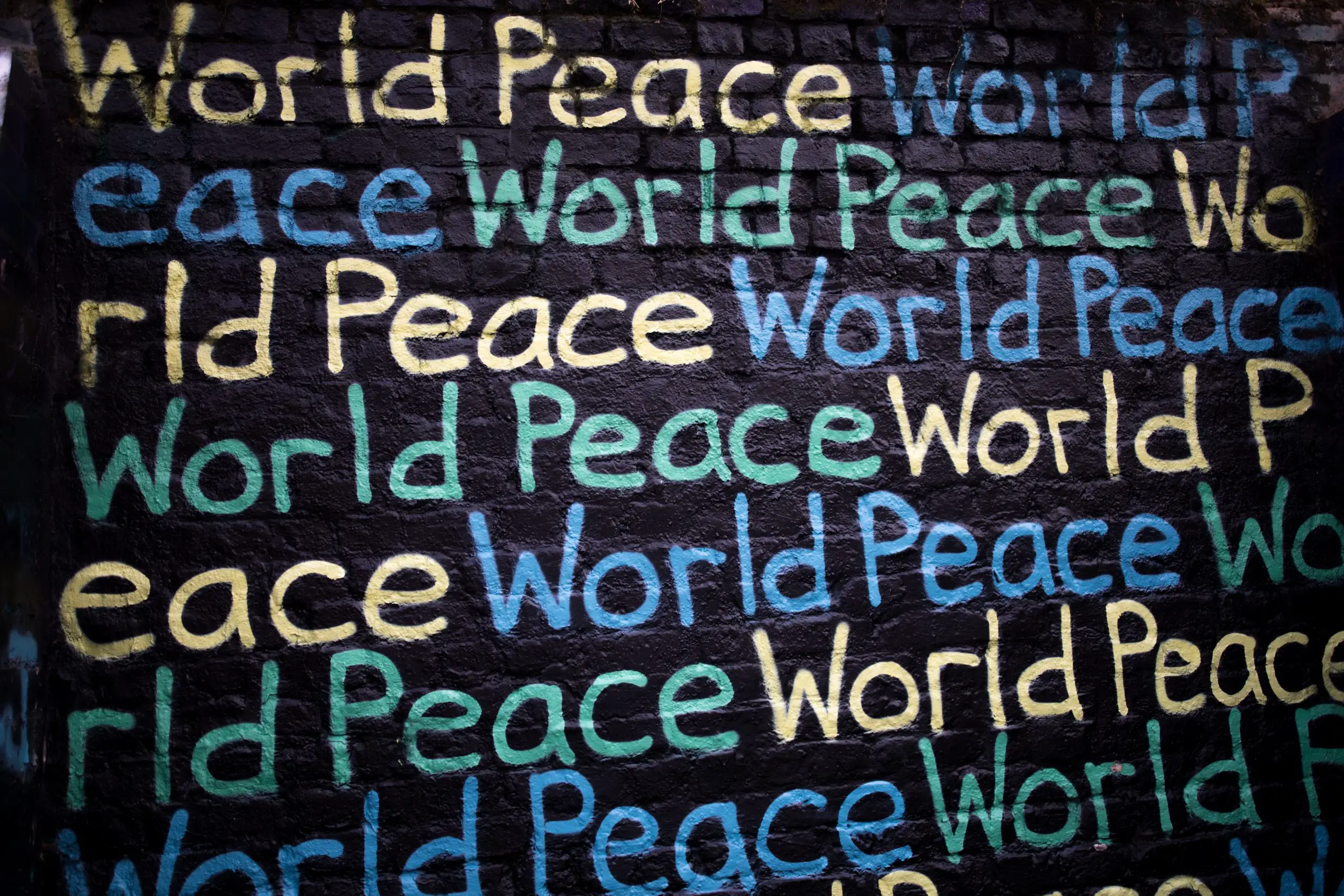The Concept of Collective Security in International Relations
Collective Security is the concept in International Relations that grows out of liberal institutionalism.
Collective Security refers to the formation of a broad alliance of most major actors in an international system for the purpose of collectively deterring or opposing an act of aggression by any actor or state.
Kant laid out the rationale for this approach. Because past treaties ending great power wars had never lasted permanently, Kant suggested a federation (league) of the world’s states. Through such a federation, Kant proposed, the majority of states could unite to punish anyone state that committed aggression. This would help to safeguard the collective interests of all the nations. Also, it would protect the self-determination of small nations that all too easily became pawns in great power games.
After the horrors and destructions of World War I, the League of Nations was formed to promote collective security. But it was flawed in two ways. Its membership did not include all the great powers (including the most powerful one, the United States), and its members proved unwilling to bear the costs of collective action to oppose aggression when it did occur in the 1930s, starting with Japan and Italy. World War II led to the creation of the United Nations as the League’s successor to promote collective security. Several regional IGOs also currently perform collective security functions (deterring aggression) as well as economic and cultural ones—the Organization of American States (OAS), the Arab League, and the African Union.
The success of collective security depends on two points. First, the members must keep their alliance commitments to the group (that is, members must not free ride on the efforts of other members). When a powerful state commits aggression against a weaker one, it often is not in the immediate interest of other powerful states to go to war over the issue. Suppressing a determined aggressor can be very costly.
A second requisite for collective security is that enough members must agree on what constitutes aggression. The five permanent members of the UN Security Council define aggression. In addition, at least four of the other ten members must agree on it.
The collective security system does not work against aggression by a great power. When the Soviet Union invaded tice, countries defected Afghanistan, or the United States mined the harbors of Nicaragua, or France blew up the Greenpeace ship Rainbow Warrior, the UN could do nothing—because those states can veto Security Council resolutions.
Collective security worked in 1990–1991 to reverse Iraq’s conquest of Kuwait. The aggression brought all the great powers together and because they were willing to bear the costs of confronting Iraq. It was the first time since the founding of the UN that one member state had invaded, occupied, and annexed another—attempting to erase it as a sovereign state. The invasion was so blatant a violation of Kuwaiti sovereignty and territorial integrity that the Security Council had little trouble labeling it aggression and authorizing the use of force by a multinational coalition. The threat Iraq posed to the world’s oil supplies provided additional incentives for coalition members to contribute money or troops to solve the problem.
In 2002–2003, by contrast, the Security Council repeatedly debated Iraq’s failure to keep the agreements it had made at the end of the Gulf War, in particular, the promise to disclose and destroy all its weapons of mass destruction. But the great powers split, and a proposed U.S.-British resolution authorizing military force was withdrawn after France promised to veto it; Germany, Russia, and China had all strongly opposed it and the war. Public opinion around the world, especially in predominantly Muslim countries, also opposed the war.
When the UN did not act, the United States, Britain, and Australia sent military forces and overthrew Saddam Hussein. At that time, the UN became the toothless League of Nations. However, the U.S. forces found no weapons of mass destruction in Iraq. However, they found themselves in a prolonged counterinsurgency war.
Although the world’s collective security system is not always effective, bypassing it to take military action also holds dangers.
The concept of collective security has broadened in recent years. For example, failed states have very weak control of their territory. It makes them potential havens for drug trafficking, money laundering, and terrorist bases. Essentially, domestic politics looks rather like international anarchy.
Currently, Somalia is such a case. It has an extremely weak government that cannot control large parts of the territory. Thus, it has become a home to terrorist organizations and pirates. In these cases, the international community has a duty to intervene, according to some approaches, to restore law and order.
NOTE: The content, knowledge, and information provided in this write-up have been taken from the book International Relations by 'Joshua S. Goldstein
'.







Leave a Comment